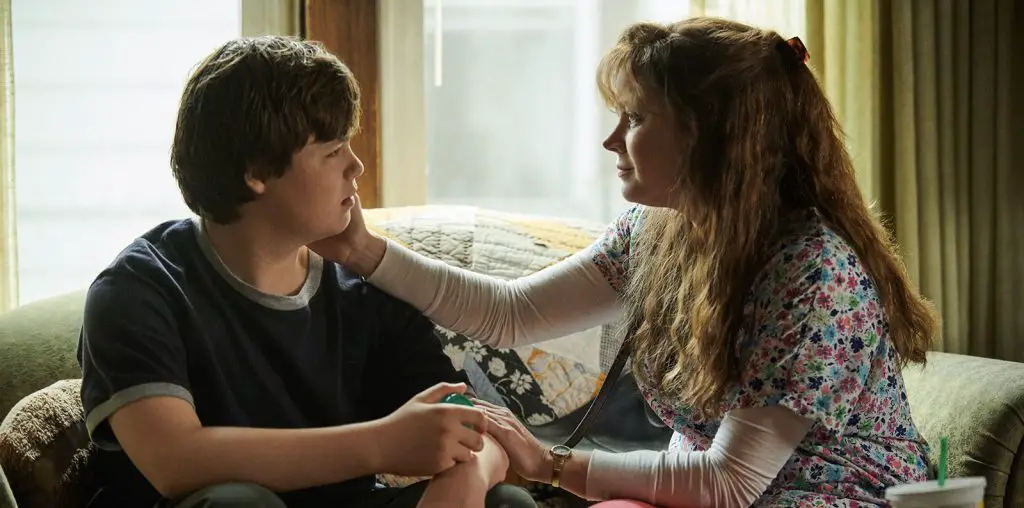
Erki (Ruuben-Joosua Palu) is, without any warning, evicted from his apartment. As a result, he is forced to get a job in order to take care of his sick mother and avoid losing everything. My Dear Corpses is the story of Erki acquiring a career as a corpse carrier with the hopes of fixing his and his mother’s lives. Unfortunately, his new partner, Ott (Erki Laur), takes a unique approach toward his life and job, making things more difficult for the young man. While the two don’t necessarily see eye to eye, Erki must adapt and overcome his peculiar situation.
Writer-director German Golub’s My Dear Corpses is simplistic in nearly every way. But not in the way that things feel underdeveloped or poorly planned, but in the fact that almost everyone who watches this short drama is able to make a connection between themselves and the characters on screen. While the circumstance Erki is a part of is certainly special, viewers understand that on the most basic level, his conundrum is something that we have all dealt with in one way or another. Like most people, Erki is forced, in order to right his reality, to do something less than appealing at first. However, like many who’ve come before him in the real world who need to get money for the well-being of those they loved, Erki perseveres.

“…Erki acquiring a career as a corpse carrier with the hopes of fixing his and his mother’s lives.”
As Erki’s situation changes, his focus begins to change and become layered. While he still has his eye on the veritable prize, the ideas behind the film adjust as well. The change in theme and tone causes viewers to focus on something else entirely, treating everyone, even corpses, with respect. Audiences have already been able to connect with Erki’s story and the story as a whole, but the moment they realize the film is about respect (and in some ways, equality), those watching will find a new respect for what is occurring. While this is the most important and relatable aspect of My Dear Corpses, it is also the most disappointing. Something about this feels incomplete and therefore fails to reach viewers the way it needs to consistently.
Yes, Golub’s sophomore outing (though, first one he wrote) is only 34-minutes long, but the reality is that the most important aspects of the film are the ones that need greater attention. In just a short five minutes or so, the director attempts to change gears and fully develop certain ideas for his audience to appreciate. Sadly, that isn’t long enough to expand something so intense and complex. The viewers get the gist of Erki’s struggles, but, as this particular aspect of My Dear Corpses isn’t fully developed, they struggle to get the full effect of what is being conveyed.
There are a number of reasons to love My Dear Corpses: the acting, the beautiful story of perseverance, and the connection viewers are able to make with the protagonist. Everything feels nearly perfect, except for the development of the secondary themes of acceptance and respect. That alone is enough to dim my appreciation ever so slightly, but not so much to ruin the film entirely. The message is enough to demand respect of its own accord and entertain viewers from beginning to end. The short is frustrating but unique and beautifully relatable.

"…frustrating but unique and beautifully relatable."


